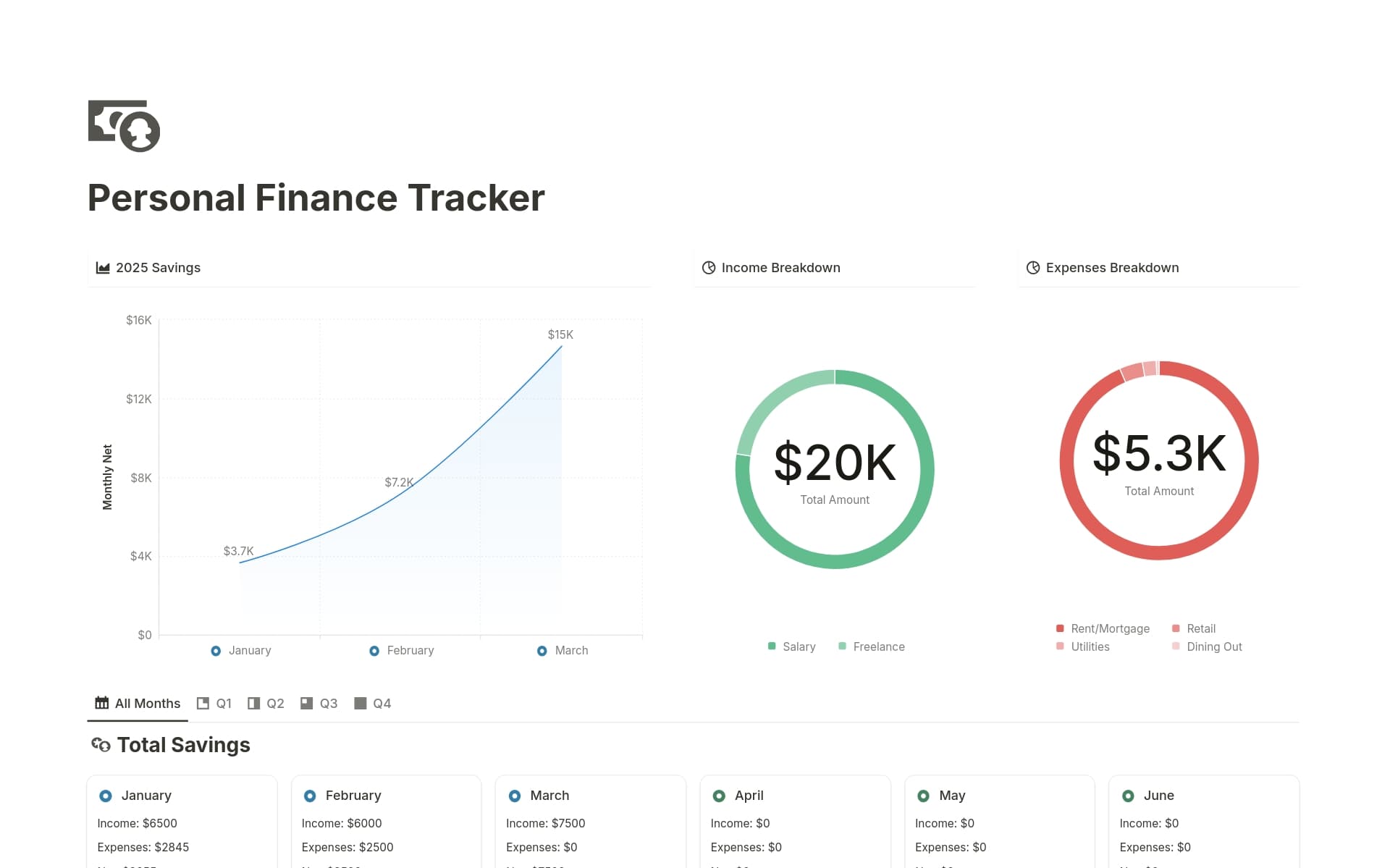Retrospectives are an integral part of the software development process, offering teams an opportunity to reflect on their recent work, identify what went well and what didn't, and make plans for improvements in future cycles. A well-crafted Retrospective template in Notion can streamline this process, making it easier for teams to organize their thoughts, collaborate on feedback, and track progress over time.
Before you start creating your own Retrospective template, exploring these examples can offer insights into structuring your sessions effectively and make the process more productive.
What Should Retrospective Templates Include?
Choosing the right retrospective template can significantly enhance the effectiveness of your team's reflection sessions. Here are key components to look for in a high-quality template:
Clear Objectives: Ensure the template outlines specific goals of the retrospective to keep discussions focused and productive.
Participant Roles: A good template will define roles such as facilitator, note-taker, and participants to streamline the process.
Structured Activities: Look for templates that include well-defined activities to engage team members and foster constructive feedback.
Actionable Outcomes: Choose a template that emphasizes the creation of actionable items to ensure continuous improvement.
Selecting a template with these components will help you maximize the benefits of your retrospective meetings, leading to more effective team development and project management.
What Should Retrospective Templates Avoid?
Choosing the right retrospective template is crucial for effective team feedback sessions. However, some features can hinder rather than help. Here are key elements to steer clear of:
Overly Complex Structures: Templates with complicated frameworks can confuse participants and detract from the main discussion points. Simplicity fosters clearer communication.
Fixed, Non-Customizable Fields: Avoid templates that don't allow you to modify sections. Flexibility is essential for tailoring discussions to specific team needs and goals.
Excessive Mandatory Fields: Templates that require too many mandatory inputs can be daunting and may lead to superficial responses. Opt for templates that encourage thoughtful, voluntary contributions.
Remember, the goal of a retrospective is to encourage open dialogue and continuous improvement, not to overwhelm the team with rigid or excessive documentation.













